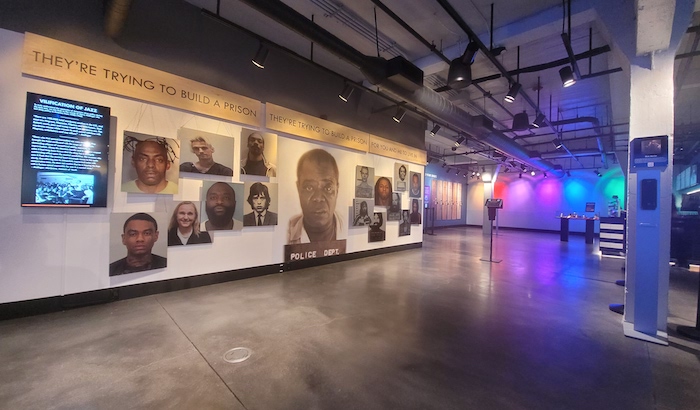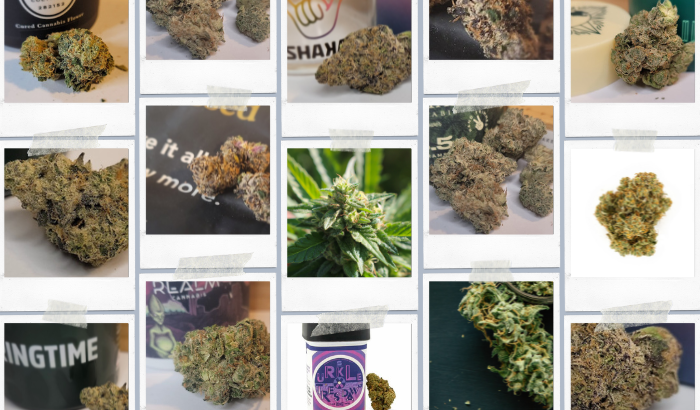
“We see a lot of West Coast brands that are licensing their names and likeness across the country, and Massachusetts businesses have the same opportunity.”
As I noted in an overview of Thursday’s Cannabis Control Commission meeting, a significant slice of the six-plus hour agenda focused on the hurdles faced by the state’s Social Equity applicants and others with less access to financing than, say, publicly traded multi-state operators.
Possibly more than ever before, though certainly building on bricks laid by former commissioners, the current CCC appears to be sincerely searching for solutions. One general theme of this week’s meeting was, How can we be responsive to deficiencies? Along with, as Executive Director Shawn Collins put it, “How can we communicate to the industry that this is what we are seeing?”
One way is through webinars and training—for all applicants and licensees, but with a focus on the Social Equity Program. The course curricula for that group include: Raising Capital Strategies, Targeting the Right Investors, Building a Sustainable Organization and HR Structuring; Creating Brand Awareness.
And they have some solid examples of how those lessons could manifest in the marketplace. The CCC already educates applicants about predatory lending and who to avoid, but is also interested in being more proactive on the money-making side of things. As Collins explained, in addition to being licensees, “they are employers.” As well as business people with bills to pay. And in “talking to folks across the country,” the executive director has been thinking, how can the CCC potentially help them grow and weather storms by “sending some East Coast Brands west?”
“Being a social equity business, there is going to be a consumer base that’s looking for those businesses and wanting to support them,” Collins said at Thursday’s meeting, “so how can you build a brand to establish that?”
He continued, “We see a lot of West Coast brands that are licensing their names and likeness and images and things like that across the country, and I think that Massachusetts businesses have the same opportunity. There are some products that are available in multiple jurisdictions—obviously … products must be grown and manufactured here in Massachusetts strictly based in our borders, so those products, as they may be available in other jurisdictions, they will license that—they can license the recipe, the packaging, the branding.”

“We have some businesses here in Massachusetts that are doing some really interesting things,” Collins added. “You could just look at some of the beverage market that is available, some of the uncommon cannabinoids—we are starting to see some real work with CBG, and CBN—and those are largely coming from Massachusetts-based companies, so there is an opportunity to license that in another jurisdiction.”
That’s no exaggeration; from unique setups like Seed in Jamaica Plain with its Core Social Justice Cannabis Museum, to brands like Smash Hits by legendary cultivator Chemdog that already have fans out of state despite existing solely in Mass at the moment, one should hope our hometown heroes benefit from interest elsewhere. It’s the kind of initiative that someone like Commissioner Bruce Stebbins, who formerly served as senior regional manager for the National Association of Manufacturers in New England and as head of the Massachusetts Office of Business Development, could probably help foster, along with others like Commissioner Nurys Camargo who has a background in leveraging opportunities for communities of color.
In one sense, Collins said, expansion may help in hedging against future regulatory game-changers: “One of the things that we should be conscious of as an agency are the risks that could come with federal legalization. If that were to happen, and if interstate commerce is available, what happens to Massachusetts brands and companies and how can they compete and survive in what will inevitably be a very cutthroat market?”
“I’d be encouraged to see some of our social equity licensees” consider this option, Collins said, “whether they want to be licensed in other jurisdictions, or lend their name and likeness and other opportunities to other markets—especially with the northeast now being so saturated.”

























